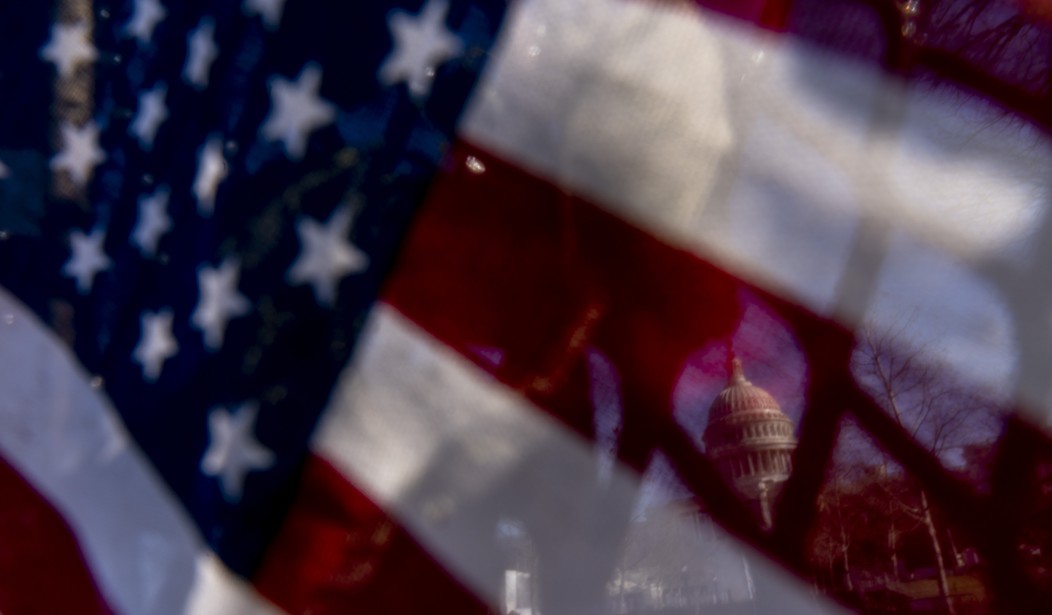Another celebration of the founding of the United States of America has arrived and, as always, it is yet another reflection upon the history of this nation. This year, Independence Day comes amid heightened racial tensions, a raucous debate over a controversial election, and an increasingly noxious political discourse.
With the viral footage showing the murder of George Floyd came protests, riots, and fiery discussions on race in America. More than any other in recent memory, this Independence Day has prompted some to question how black Americans should view the Fourth of July and what, if any, meaning it should have for those with such a troubled and complex history in this nation.
Indeed, while most African Americans celebrate the holiday, the specter of America’s original sin still lurks beneath the surface. For over a century, commemorations of that historical moment when a group of scrappy individuals elected to seize their freedom from a cruel and tyrannical government did not apply to everyone living in the Colonies. This is a fact not easily forgotten.
Echoes of abolitionist Frederick Douglass’ speech asking “What to the Slave Is the Fourth of July?” continue to reverberate more than 150 years later. While addressing an audience in 1852, he said:
The rich inheritance of justice, liberty, prosperity and independence, bequeathed by your fathers, is shared by you, not by me. The sunlight that brought life and healing to you, has brought stripes and death to me. This Fourth [of] July is yours, not mine.
Throughout this speech, Douglass laid bare the conspicuous hypocrisy that allowed this burgeoning nation to continue denying the same freedoms to black slaves that it fought a bloody war to obtain for white Americans. Nevertheless, he was adamant that, despite young America’s apparent duplicity, black people remained foundational to the founding and building of the country. He said:
If, however, any man should ask me what colored people have to do with the Fourth of July, my answer is ready. Colored people have had something to do with almost everything of vital importance in this great country … We have been with [the white man] in times of peace and in times of war and at all times. We were with him in the hardest hours of the Revolutions of 1776.
So how do I, as a black American conservative, reconcile these realities?
I recognize that the pain and oppression that my ancestors suffered is an inexcusable part of America’s story. In addition, I do not deny that black Americans – descendants of slaves especially – have a unique and complex history, much of which still has an impact today.
However, I can also acknowledge that from this great evil came a people and culture that has stood strong against what was inflicted upon us. In many cases, we have thrived despite it all. We have a strong culture that has influenced the evolution of American society.
As black Americans, we are an embodiment of the sentiment expressed by Joseph after confronting his wicked brothers who sold him into slavery:
You intended to harm me, but God intended it all for good.
I love being black. I love my culture. I love being an American. To me, none of these things are mutually exclusive.
It is for this reason that I can celebrate the Fourth of July, despite the fact that it did not always apply to my ancestors. Like every other nation in antiquity, America has sins. But she has worked and fought vigorously to move closer to the ideals upon which she was founded.
Americans fought a ferocious war to end the “peculiar institution.” When those who wished to use Jim Crow as a workaround to anti-slavery laws, Americans fought to crush this system. The process has been messy and fraught with setbacks. But no sane person can deny that, while there is still work to be done, significant progress has been made.
This is why I love America, warts and all.
Loving America is not to be blind to her flaws but to do our part to remedy her shortcomings. Fighting to ensure that this nation moves closer to realizing its founding principles and addressing the parts where she misses the mark is the very soul of patriotism. Recognizing this is why I can still say “God bless America.”














Join the conversation as a VIP Member